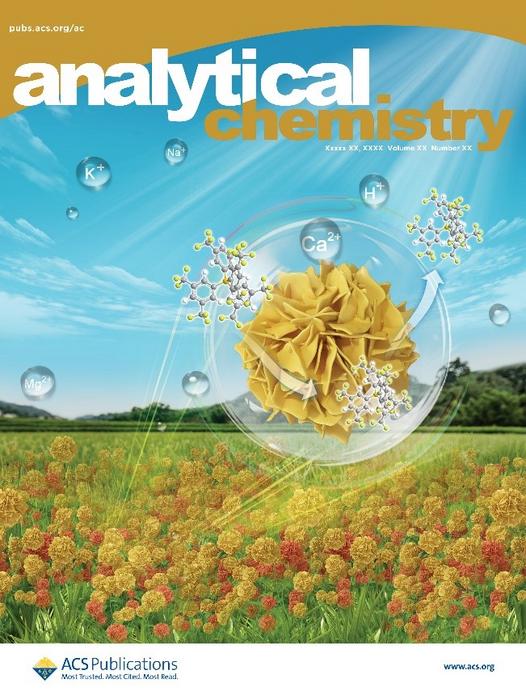Recently, a research team led by Prof. HUANG Xingjiu from the Institute of Solid State Physics, the Hefei Institutes of Physical Science of the Chinese Academy of Sciences, constructed a highly stable solid contact calcium ion-selective electrode. They used synchrotron radiation technique to reveal the transduction mechanism by which the solid contact layer participated in the potential response.

Credit: LIU Zihao
Recently, a research team led by Prof. HUANG Xingjiu from the Institute of Solid State Physics, the Hefei Institutes of Physical Science of the Chinese Academy of Sciences, constructed a highly stable solid contact calcium ion-selective electrode. They used synchrotron radiation technique to reveal the transduction mechanism by which the solid contact layer participated in the potential response.
The related research results were published in Analytical Chemistry.
Solid contact (SC) ion-selective electrodes (ISEs) are widely used in environmental monitoring and biomedical fields because of their fast response and high sensitivity. Stability is an important criterion in evaluating the performance of SC-ISEs. The capacitance and hydrophobicity of SC materials influence the potential stability. Therefore, researchers have focused on designing SC materials with large capacitance and high hydrophobicity and exploring the corresponding transduction mechanism.
In this work, a special sensors SC-ISEs was developed using copper sulfide (CunS-50) nanoflowers. It’s with large capacitance and high hydrophobicity. Also these sensors can accurately and reliably detect calcium ions (Ca2+).
The copper sulfide nanoflowers were synthesized by modifying with surfactant. This modification not only made the nanoflowers more water-repellent but also enhanced their ability to store and release electrical charge.
Researchers also explained the transduction mechanism. The lipophilic anion participated in the redox reaction of Cu+/Cu2+ and promoted the generation of free electrons during the potentiometric response.
This work provides a deeper understanding of the transduction mechanism behind the potentiometric response and offers a new idea for designing redox materials.
Journal
Analytical Chemistry
Article Title
Highly Stable Solid Contact Calcium Ion-Selective Electrodes: Rapid Ion–Electron Transduction Triggered by Lipophilic Anions Participating in Redox Reactions of CunS Nanoflowers
Article Publication Date
15-May-2024



